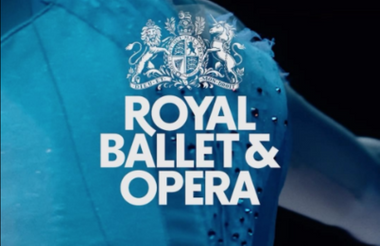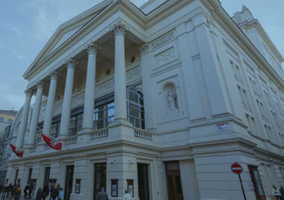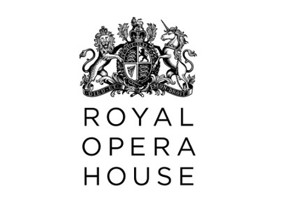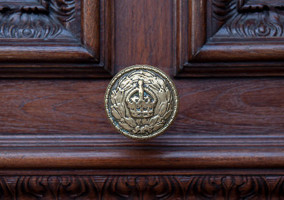The Royal Opera House has changed its name to the Royal Ballet and Opera to better reflect what it does.
In an interview with the Times, chief executive Alex Beard said the Royal Ballet and Opera “did some research a year ago and found that very few people knew that the Royal Ballet had anything to do with the Royal Opera House”.
“So, we have made it simple and clear,” he said.
The Royal Ballet and Opera would not confirm to Civil Society how much it spent on the rebrand, but said it has ensured “that investment in this project is fiscally responsible and sustainable”.
Announcing its 2024-25 season last week, the charity said that “under a new combined organisation name” its season features a programme of “bold new productions, alongside returning audience favourites, thrilling debuts and bright new voices”.
The charity will host eight new productions spanning three centuries, including a world premiere, with Beard saying the 2024-25 season is the organisation’s most ambitious programme since the pandemic.
Financial challenges
Discussing the financial challenges facing the charity, Beard said repayments have started on the loan taken from the government’s Culture Recovery Fund in March 2021 to provide additional liquidity due to the impact of Covid-19.
The charity said in its most recent accounts that the £21.7m loan “is interest bearing, at a rate of 2%, over a 20-year period and has a four-year repayment holiday”.
Repaying the loan removes £1m a year from its budget, while higher energy bills mean that running its building now costs it £16m, a £4m increase over the last five years.
In 2022, Arts Council England announced that it was reducing its grant to the Royal Ballet and Opera by 9%, from £24.5m to £22.3m per annum, with effect from April 2023.
That public subsidy represents nearly 17% of the Royal Ballet and Opera’s total income of £132.7m, compared to “around 50% for other British opera and ballet companies and 75 or 80% for those in mainland Europe”, Beard told the Times.
“If the opera house didn’t have any public subsidy it would be a radically different and I think vastly diminished institution, not just economically but philosophically as well,” he said.
“Having public funding means we’re accountable to every citizen and obliged to have a sense of public mission.
“You just don’t see that to the same extent in privately run arts institutions.”
Related articles












